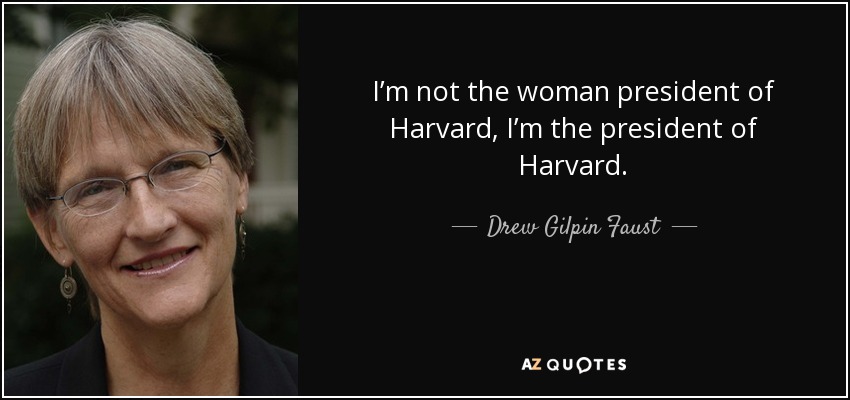Paid staff don’t have exclusive rights to integrity
By Erin Spink | Uncategorized , Volunteer Engagement

One of the most common push-backs that exist around partnering with volunteers is the concern about holding them accountable. Really, what it boils down to is the premise (false, by the way) that because they’re not being paid, volunteers cannot be trusted to follow through. Integrity, of which one definition is ‘doing what you said you would do’, is not held exclusively by paid staff because it’s got nothing to do with pay grade.
In unpacking where this set of beliefs comes from, we see it really revolves around the old ‘carrot and stick’ mentality of motivation and management. The idea goes that unless we have something to offer someone (like money) or threaten them with (like being fired), we have no control over their actions. That’s a scary head space to be in and one that puts limitations on all our interactions with volunteers. I believe it’s the same head space that much of the antiquated and awkward recognition practices, particularly relevant during National Volunteer Week, we continue to use come from.
You may be asking, if we can’t reward or penalize people, what leverage do we have? While there are a million theories of motivation, with many having some degree of merit, I think we can agree the carrot & stick method is outdated- for paid staff and volunteers. I work to keep myself “motivation bias-free” meaning that I don’t care whyyou’re here, I care more about what you do while you’re here. I’ve worked with staff and volunteers who have been moved to tears about a cause but unable to separate their feelings from what’s best for the mission; I’ve equally worked with court-mandated people who used the opportunity to begin rebuilding their reputation and follow through to get things done. To me, integrity belongs to anyone who exhibits it by doing what they say they will do, regardless of their pay grade!


